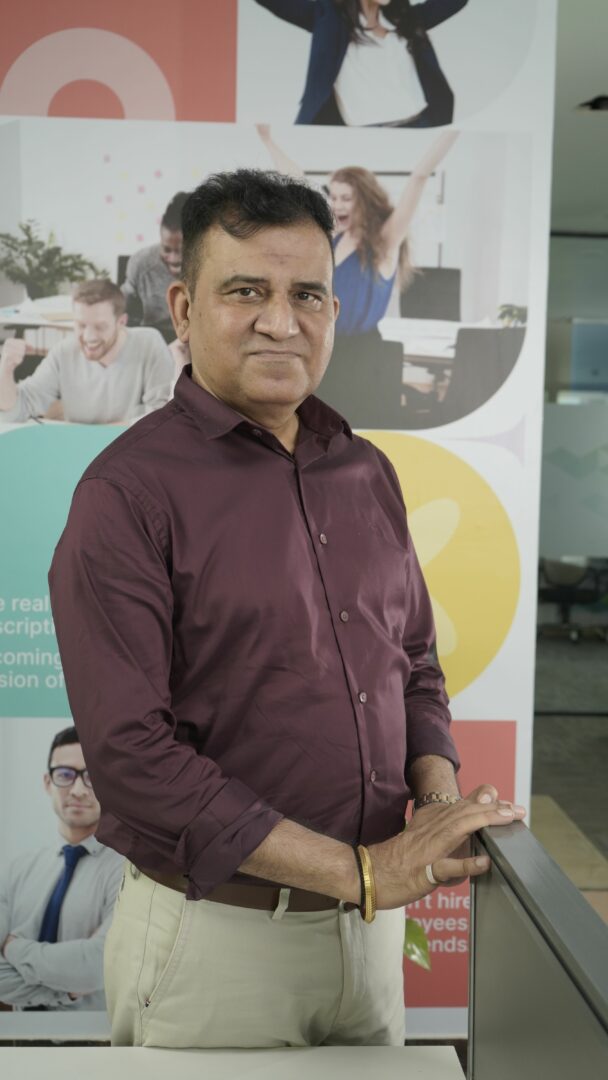We recently had the chance to connect with Sanjay Bhasin and have shared our conversation below.
Sanjay, we’re thrilled to have you with us today. Before we jump into your intro and the heart of the interview, let’s start with a bit of an ice breaker: What’s more important to you—intelligence, energy, or integrity?
For me, it’s energy. Energy drives everything—ideas, innovation, and perseverance. Intelligence helps you find solutions, and integrity keeps you grounded, but without energy, nothing moves forward. It’s the spark that inspires teams, keeps you pushing through challenges, and turns vision into reality. In my journey, I’ve seen that when you bring the right energy into any room or project, it becomes contagious and attracts the right people, opportunities, and outcomes.
Can you briefly introduce yourself and share what makes you or your brand unique?
I’m Sanjay Bhasin, Founder & CEO of Culture Holidays and author of two books: Master The Disaster: Discover the Proven Techniques on How to Beat the Crisis and Produce Extraordinary Results and The Practical MBA: Mastering Tourism Beyond the Classroom. With over two decades in the travel industry, I’ve learned that travel is not just about places—it’s about transformation.
That belief is at the heart of Culture Holidays. We don’t just create trips; we design experiences that change perspectives, touch hearts, and give back. Every booking contributes to providing meals for underprivileged children, so every journey leaves a positive footprint.
What also makes us unique is the way we empower travel agents. Through our innovative tools, agents can now create customized itineraries, personal websites, and marketing flyers within seconds, giving them the ability to sell not just trips, but meaningful experiences with ease.
Today, Culture Holidays serves thousands of agents across the US, Canada, and beyond, and we’re expanding into new markets with one mission: to make travel a force for good.
Great, so let’s dive into your journey a bit more. What’s a moment that really shaped how you see the world?
A moment that shaped how I see the world was during one of my early journeys, when I visited a village where children had so little, yet their smiles were so genuine. I realized then that happiness isn’t about possessions—it’s about perspective, connection, and gratitude. That moment completely shifted my outlook on life and on business.
It taught me that travel should be more than sightseeing—it should open hearts, build empathy, and create purpose. That experience is one of the reasons Culture Holidays is built around transformative travel and why we contribute a portion of every trip to feeding underprivileged children. It showed me that the real value of travel is not in what you see, but in how it changes you—and how, in turn, you can change the world around you.
What did suffering teach you that success never could?
Suffering taught me the power of believing in myself and trusting the journey. In the hardest times, when nothing seemed to work, I realized that the only thing I could truly control was my mindset. By holding onto faith, focusing on what I could build rather than what I had lost, and choosing resilience over fear, I discovered a strength I never knew I had. Success can make you grateful, but suffering revealed to me the courage to rise, the clarity to see what truly matters, and the perseverance to keep moving forward until life shifted in my favor.
I look at whether something has lasting energy and alignment with human needs. Fads create short bursts of excitement, but they fade because they don’t touch deeper values. Real foundational shifts, on the other hand, continue to grow because they solve problems, elevate experiences, or connect to something bigger than trends.
I think our readers would appreciate hearing more about your values and what you think matters in life and career, etc. So our next question is along those lines. How do you differentiate between fads and real foundational shifts?
I look at whether something has lasting energy and alignment with human needs. Fads create short bursts of excitement, but they fade because they don’t touch deeper values. Real foundational shifts, on the other hand, continue to grow because they solve problems, elevate experiences, or connect to something bigger than trends.
In travel, for example, “bucket list” tourism was a fad, but the shift toward purpose-driven, transformative travel is a foundational change—it’s about people wanting meaning, connection, and impact. When I see an idea consistently meeting deeper needs and gaining momentum over time, I know it’s more than a fad—it’s a shift worth committing to.
Okay, we’ve made it essentially to the end. One last question before you go. If immortality were real, what would you build?
If immortality were real, I would dedicate it to building a global movement of transformative travel—a world where every journey creates not just memories, but meaning. I would create a legacy where travel becomes a universal tool for healing, self-discovery, and connection across cultures.
With unlimited time, I’d build an ecosystem where every traveler, agent, and community benefits—where technology empowers agents with instant tools, where every trip contributes to social good, and where future generations see travel not as a luxury, but as a path to growth and unity.
Immortality would simply give me more time to expand what I already believe in deeply: that through the power of travel and gratitude, we can nurture connection, bring people closer to their best selves, and create a better, more compassionate world.
Contact Info:
- Website: https://cultureholidays.com/
- Instagram: https://www.instagram.com/cultureholidaysofficial
- Linkedin: https://www.linkedin.com/company/cultureholidays/
- Facebook: https://www.facebook.com/cultureholidays
- Youtube: https://www.youtube.com/CultureHolidaysOfficial
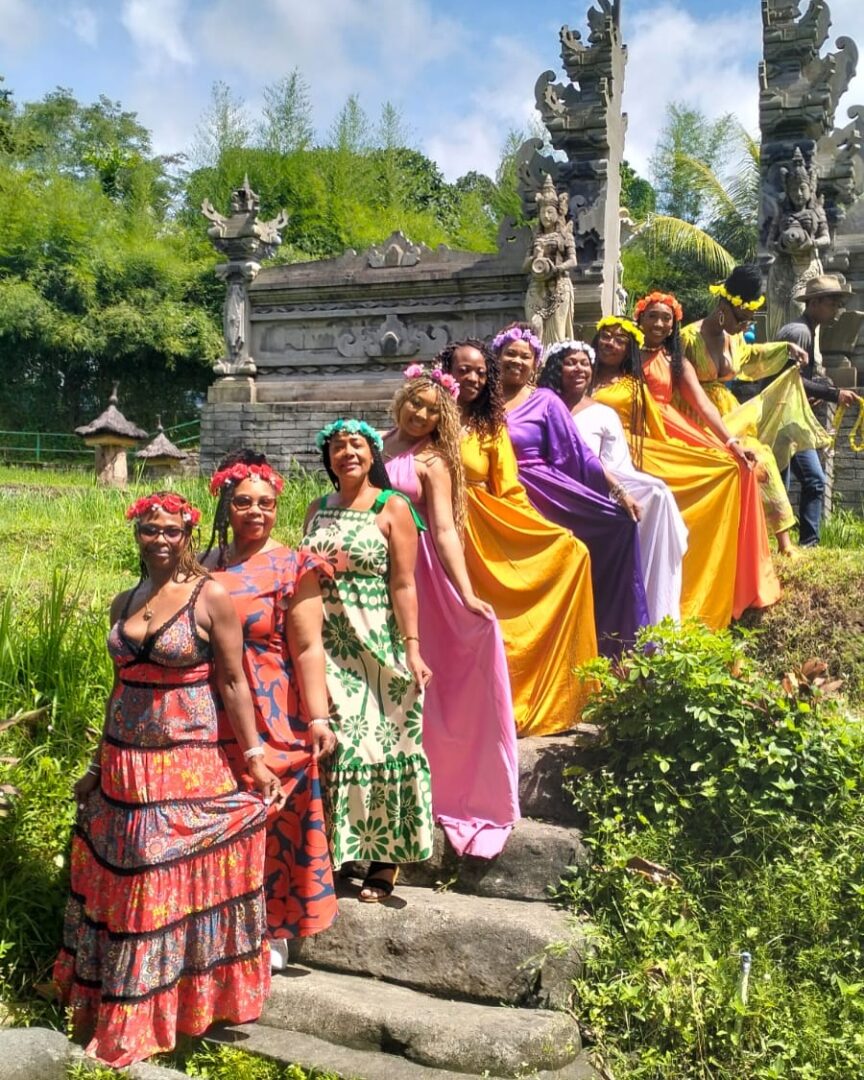

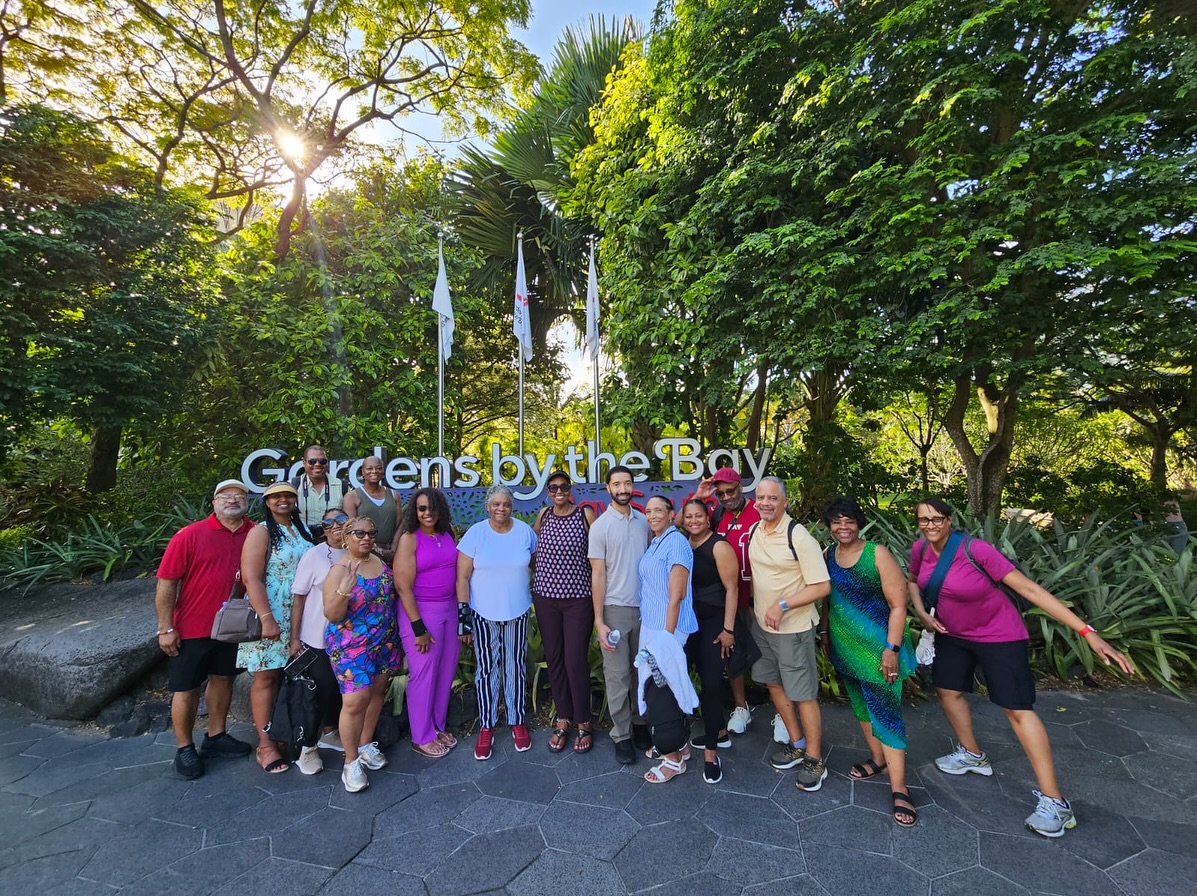
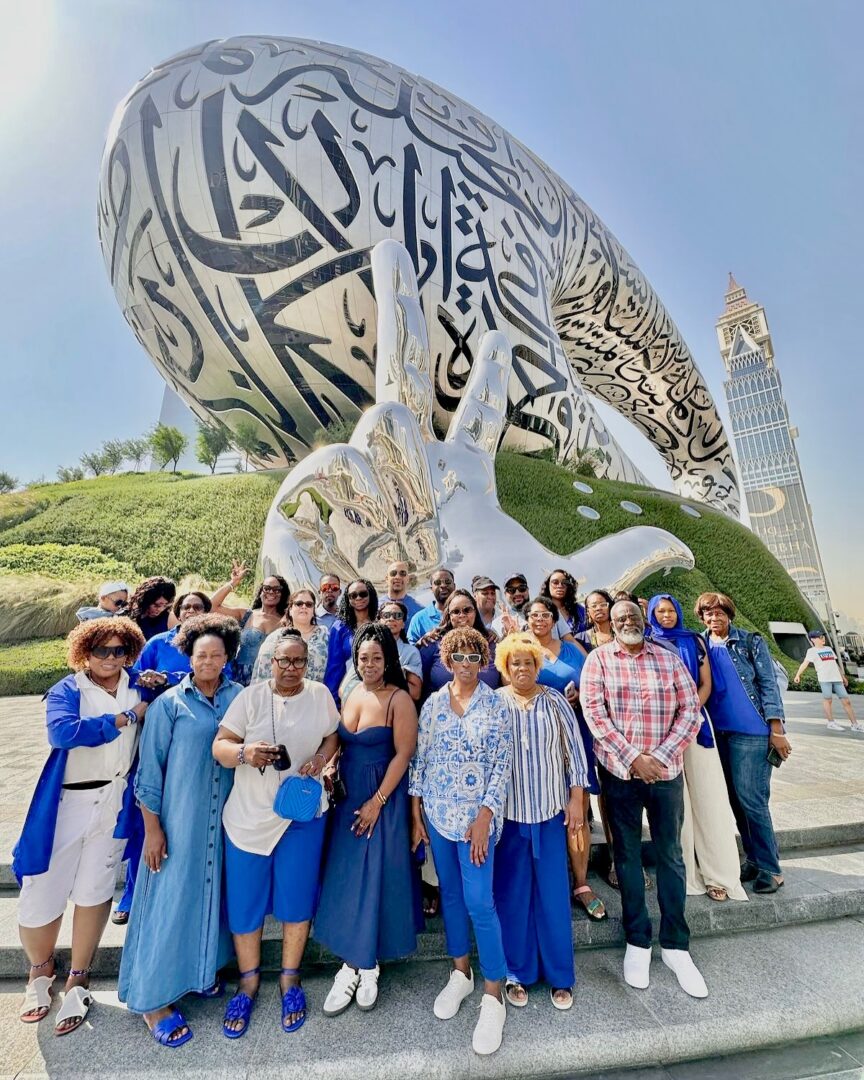
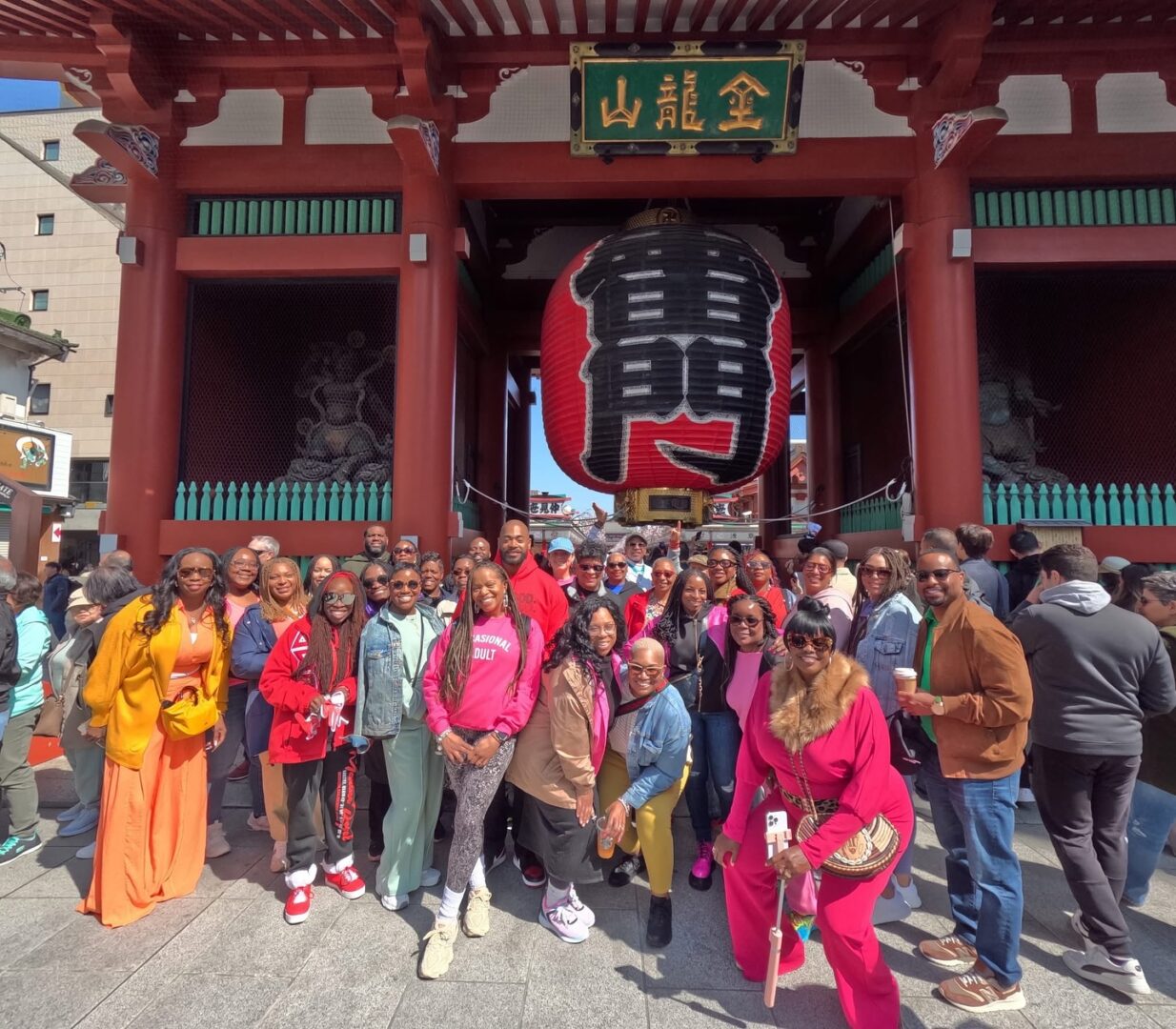
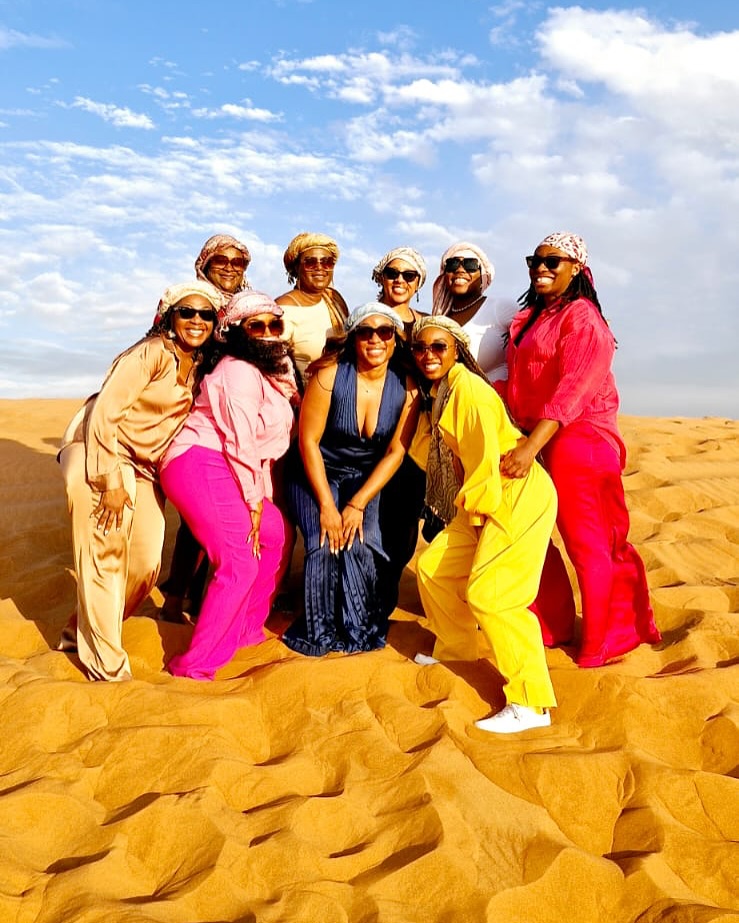
so if you or someone you know deserves recognition please let us know here.

